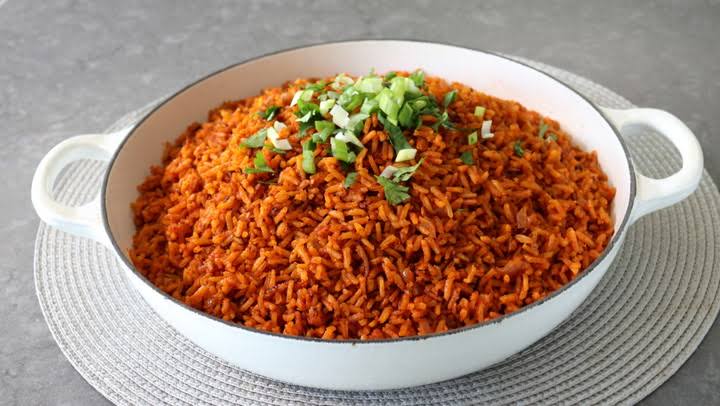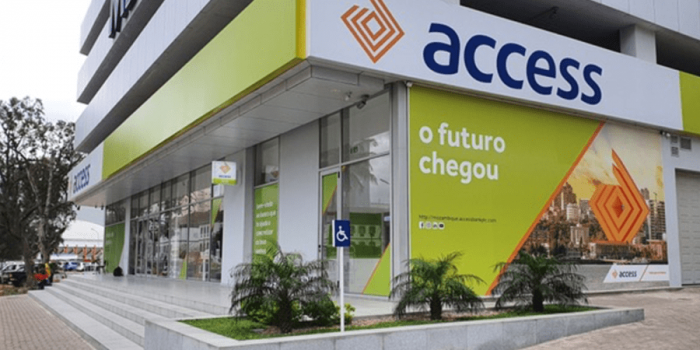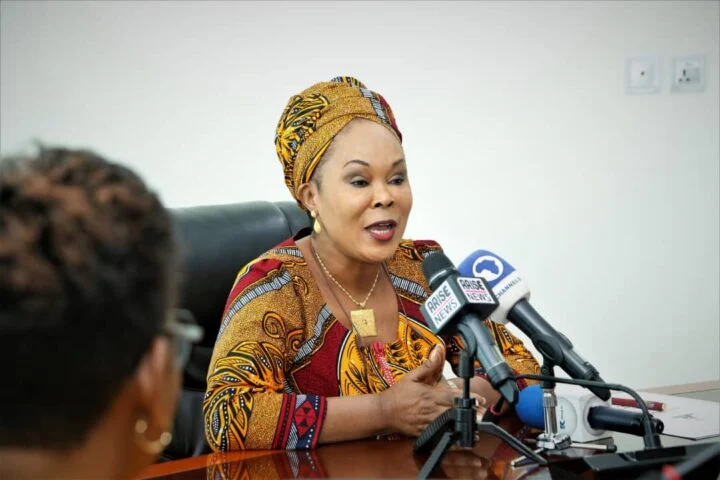The SBM Jollof Index for the first quarter of 2024 shows that the average cost of a pot of jollof rice for a family of five in Nigeria increased from N13,106 in October to N16,955 in March.
The cost of making a pot of jollof rice in March signifies a 29.3% increase from that of October.
Since 2016, SBM’s Jollof Index has been tracking the cost of making a pot of jollof rice to portray the severity of the food crises in West Africa, particularly Nigeria and Ghana.
READ ALSO: Nigerians to Battle With High Cost of Food as Inflation Rises to 22.95%
According to the recent index, published in April, the cost of a pot of jollof rice in Ghana increased by 43.0% within six months. Also, while Nigeria’s food inflation rose from 31.51% in October to 40.1% in March, Ghana’s food inflation decreased from 44.8% to 29.6%.
On the rise in the cost of cooking jollof rice in Nigeria, SBM stated: “The primary trigger for this increase was the Naira depreciation, which moved from a monthly average of N796 to a dollar in October 2023 to a monthly average of over N1,513 in March 2024.
“This severely affected food affordability, particularly as the country still largely depends on food imports to meet its food demands. For example, the price of a bag of rice increased from about N56,000 in October 2023 to approximately N87,000 in the first week of March 2024.
READ ALSO: PHOTOS: Oyo Residents Protest Rising Costs of Essentials Under Tinubu
“These price increases occurred against unresolved long-standing issues driving food prices up, such as conflicts in food-producing regions, reduced arable land, climate variability, and increased energy costs (electricity and fuel).
“The food crisis in West Africa shows no signs of ending soon. Rising prices are fueling malnutrition, crime, and other social problems. Interventions have focused on addressing immediate hardships, but strategic planning is needed to ensure food is both affordable and available. In Nigeria, resolving ongoing conflicts and transitioning to mechanised agriculture are key steps toward a sustainable solution. As prices continue to climb, more families struggle to afford basic meals.”
Subscribe
Be the first to receive special investigative reports and features in your inbox.















